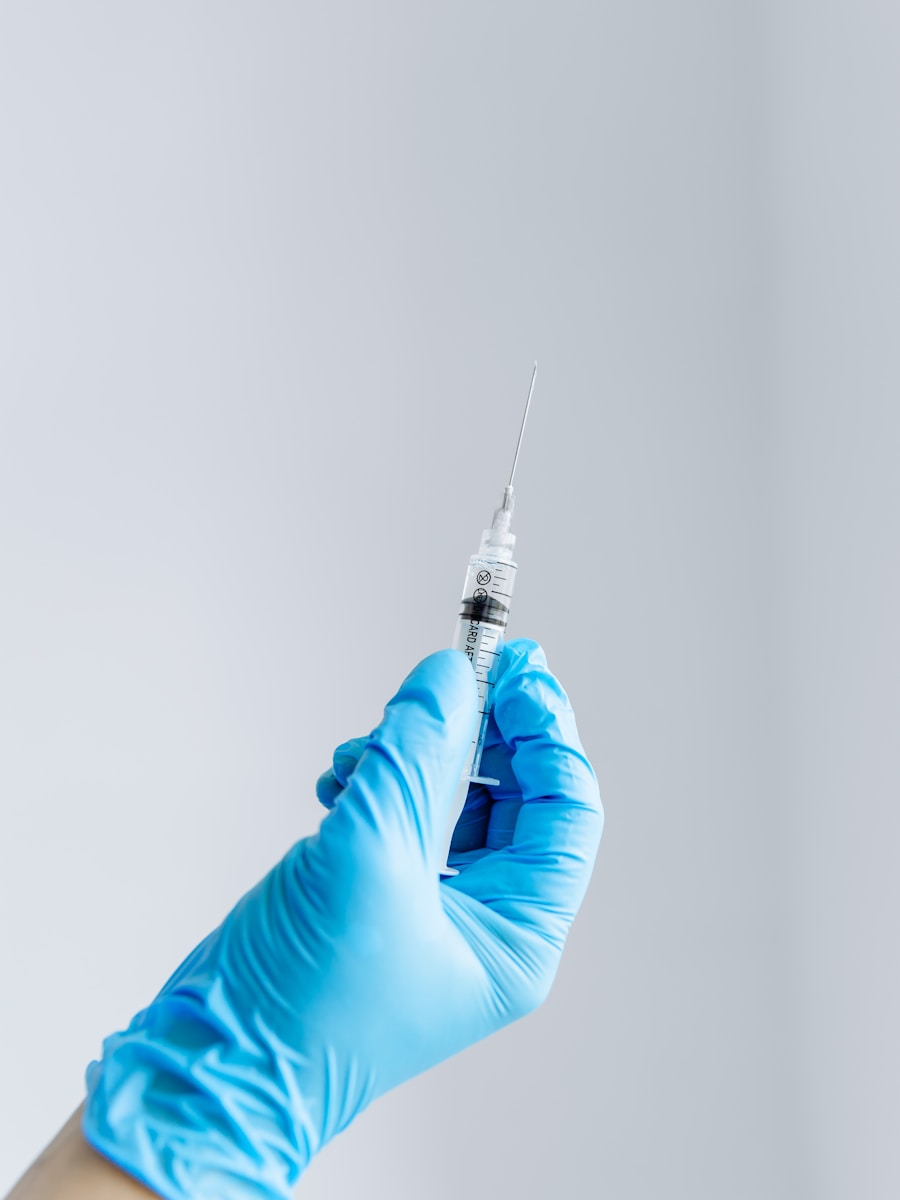Key Takeaways
• FDA Commissioner Marty Makary avoided direct vaccine safety questions about Robert F. Kennedy Jr.
• He insisted no one faces barriers to getting Covid shots, including pregnant women.
• The discussion shifted to new rules for pharmaceutical ads instead of vaccine guidance.
• Critics worry this deflection leaves important vaccine safety concerns unaddressed.
The CNN Interview Unpacked
CNN anchor Kate Bolduan pressed FDA Commissioner Marty Makary about vaccine safety. She asked whether Secretary Robert F. Kennedy Jr.’s claim that “no vaccine is safe and effective” had merit. Instead of replying directly, Makary changed topics. He insisted anyone can get a Covid shot. He also questioned whether updated clinical data justifies annual boosters.
Then, during the live exchange, Bolduan pointed out that some pregnant women still struggle to find shots. She cited lawmakers and even Kennedy’s own conversations with Congress members. However, Makary kept repeating that no rule blocks shots. He said pharmacists fear liability and insurers may not cover them—but he defended the FDA’s process.
The Deflection on Vaccine Safety
In that moment, vaccine safety slipped from the spotlight. Instead, Makary talked about approving drugs only with solid data. He warned against blindly rubber-stamping vaccines every year without fresh trials. Furthermore, he asked whether healthy pregnant women died of Covid recently. And he raised the question of whether any young people died because of the shots.
This tactic shifted the story. Rather than address Kennedy’s vaccine safety claim, Makary compared vaccines to TV drug ads. He then announced new FDA plans for more detailed ad disclosures. He argued these rules would lower drug prices and help consumers. Meanwhile, vaccine safety questions remained unanswered.
What This Means for Pregnant Women
Pregnant women were a key focus of the interview. They face higher Covid risks but also worry about shot side effects. New guidelines reportedly limited their access to vaccines. Bolduan pressed Makary on that point. She noted pharmacists hesitate to offer shots and insurers may not cover them.
However, Makary insisted there is no regulatory barrier. He said pregnant women could get shots at any certified location. Yet, real-world barriers remain. Liability fears make some pharmacists turn women away. Insurance plans may classify those shots as experimental and deny payment.
Because of these gaps, many expectant mothers still hunt for appointments. Meanwhile, health experts urge the FDA to clarify vaccine guidance. They also call on state health agencies to reassure providers and insurers. In short, clear communication on vaccine safety and access is crucial.
FDA’s New Focus on Drug Ads
After sidestepping vaccine safety, Makary unveiled a fresh agenda. He proposed stricter rules for pharmaceutical advertisements. Under the new plan, ads must list all product risks clearly. He believes this will empower patients and drive down drug prices.
Moreover, the FDA commissioner argued that misleading ads contribute to high costs. By forcing companies to spell out risks, he says consumers will demand more transparency. As a result, pharmaceutical firms might lower prices to keep customers.
Still, some critics worry this shift distracts from urgent vaccine safety talks. They argue that public trust in vaccines depends on clear, honest answers from top health officials. Without that, confusion and doubt could grow.
Why Vaccine Safety Matters Now
Vaccine safety remains a hot topic. Even after millions of shots, some people doubt their risks and benefits. When leaders like Kennedy question safety, officials must respond clearly. Otherwise, misinformation can spread.
Additionally, the pandemic continues to evolve. Booster shots and new variants demand updated guidance. If health officials avoid tough vaccine safety questions, public confidence can erode. Consequently, fewer people may get vaccinated, prolonging the crisis.
Furthermore, vulnerable groups—like pregnant women—need tailored advice. They must trust that vaccines are safe for their unique situations. Clear data and transparent communication are vital here.
Finally, with FDA ads rules on the way, the agency’s credibility hangs in the balance. If it tackles vaccine safety openly, the new ad rules might gain more public support. However, if it keeps dodging questions, critics will say the FDA cares more about headlines than health.
Frequently Asked Questions
How did the FDA commissioner respond to vaccine safety concerns?
He stated no regulatory barrier blocks vaccine access but did not directly address claims that no vaccine is safe and effective. Instead, he shifted focus to FDA’s approval standards and new drug ad rules.
Why do pregnant women still face barriers to Covid shots?
Even though guidelines allow vaccination, pharmacists may fear liability, and insurers might not cover shots. This creates confusion and limits access for many expectant mothers.
What are the proposed changes to pharmaceutical ads?
The FDA plans to require ads to list all product risks clearly. The goal is to give consumers more information and push drug companies to lower prices.
Why is open discussion about vaccine safety important?
Transparent answers build public trust. Clear guidance helps people make informed choices, supports vulnerable groups, and helps control the pandemic more effectively.
